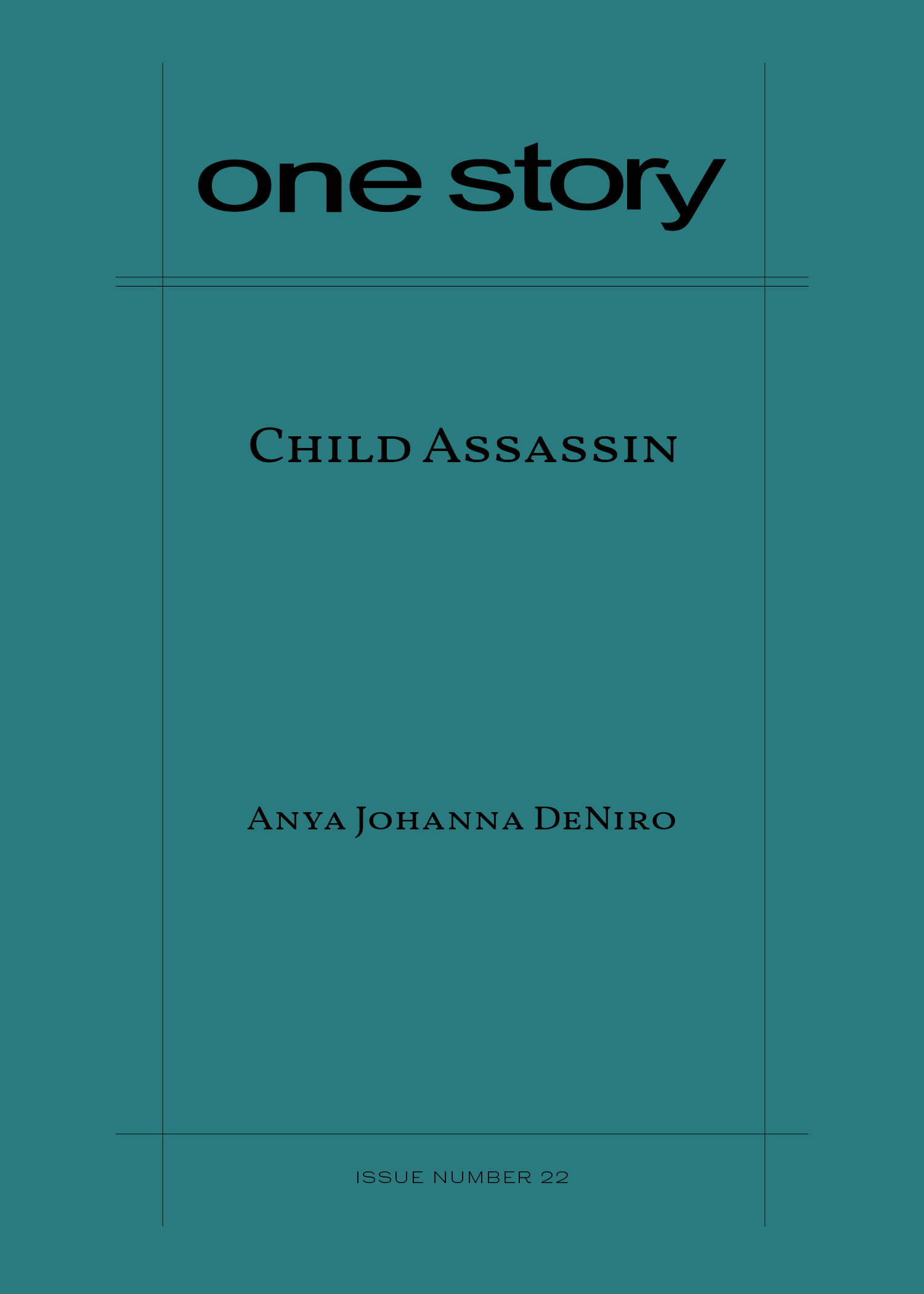
Child Assassin
$2.50
28 in stock
Excerpt
No one knew what to call him, which suited him perfectly well, because he liked to kill babies, and it was better not to have a name attached to such acts. Most of the babies he killed were the sons and daughters of high-level bureaucrats from around the world. He liked to strangle and not cut; in fact, he was quite afraid of knives and never had a barber shave him. Only his mother shaved him. She had worked for thirty years at a turnpike toll booth, grimly dispensing change on a bridge that led from one state to another. An overpass collapsed on her, and since then his beard reached to his chest and knotted in the worst possible tangles. The collapse was considered an accident, though he knew it wasn’t true.
He also liked orange juice, but it was hard to make a living by simply liking orange juice, as he did for liking to kill babies. The market for such services was quite lucrative, though “below the table,” as was to be expected.
Anya Johanna DeNiro
Anya Johanna DeNiro’s fiction has appeared in Santa Monica Review, Fence, 3rd Bed, and elsewhere, and is forthcoming in the anthology Trampoline (Small Beer Press). She has recently completed a novel, Forget Me Maybe, which involves the perils of dating imaginary people.
Q&A by Hannah Tinti
- HT: Where did the idea for this story come from?
- AJD: Not sure. It kind of unfurled from the first sentence. In the first paragraph of most stories, you usually learn the characters’ names. And so with many of my stories, it’s a lot of early dithering when I really want to get cracking—“hmm, is this character who I don’t really know yet a ‘Jasper’ or an ‘Adam’?” This time I was like, fuck it, he has no name! Off you go, no-name. So it became a question of why, and from there it was kind of off to the races, with some fits and starts along the way.
- HT: What was the most challenging aspect of writing this story?
- AJD: Creating a reasonable pathos for the protagonist. It was a fine line between making him too emblematic and making him the subject of a Court TV special. I didn’t want to go all “enter the mind of a serial killer!” with the story. He’s a troll, a bugbear—if not a literal one then in a figurative sense. But one capable of relationships. I guess that’s why I threw the word “reasonable” in there. It was hard to create emotional resonances, but at the same time not to go overboard. So this involved a lot of spontaneous decisions regarding tone—tightening it here, giving it some slack there.
- HT: When did you decide that the “babies” were not always babies?
- AJD: I think when I reached that point in the story (on the mountaintop), I was at a crossroads in the story. I decided to run on the allegorical side of the tracks a little more. In a way, writing this story for me was like writing a sestina. You have the same six end words and you have to milk them for all they are worth throughout the poem. In the same way, I think it opened up new territory to widen the connotation of the word “baby” at that point.
- HT: Do you think all parent/child relationships are destructive in some way?
- AJD: Not necessarily. But I think the IDEA of them being destructive has a huge pull on a lot of writers. I don’t know if I fall into that category, though. Working with fabulist (magic realist, fantastic, whatever) subject matter and techniques, as I usually do, can create interesting experiments with this question. E.g., the classic fairy tale motif of the young prince or princess being raised on a farm, away from the palace, out of harm’s way. And when they are old enough—they learn their secret identity, and then have to do something about it! (Superman, too, actually.) The bonds are frayed—but then reclaiming this bond can be a really powerful story engine, even if there’s never a happily ever after.
- HT: How long did it take you to complete this story?
- AJD: I finished the first draft in about a week, the second draft in another day or two. The length of time is the exception and not the rule for me! The edits after acceptance were also definitely part of the creative process, too, and were very helpful in nailing some things down.
- HT: What is the best bit of advice about writing you have ever received?
- AJD: There’s a lot of bits and pieces. This quote by CD Wright really does it for me: “We are indispensable to one another. We keep the language machine going. Often in different directions at once. And the behavior of language is such that parallel concerns and sympathies are available to serious practitioners on many levels, at any point in space and time—the formal, the inventive, the revelatory, the message plane itself.”
- HT: What are you working on now?
- AJD: Right now I’m touching up my novel. After that—who knows? Short stories, probably. I’ve also been reading Herodotus, very very very slowly. So maybe I can quicken the pace on that front.
